Introduction
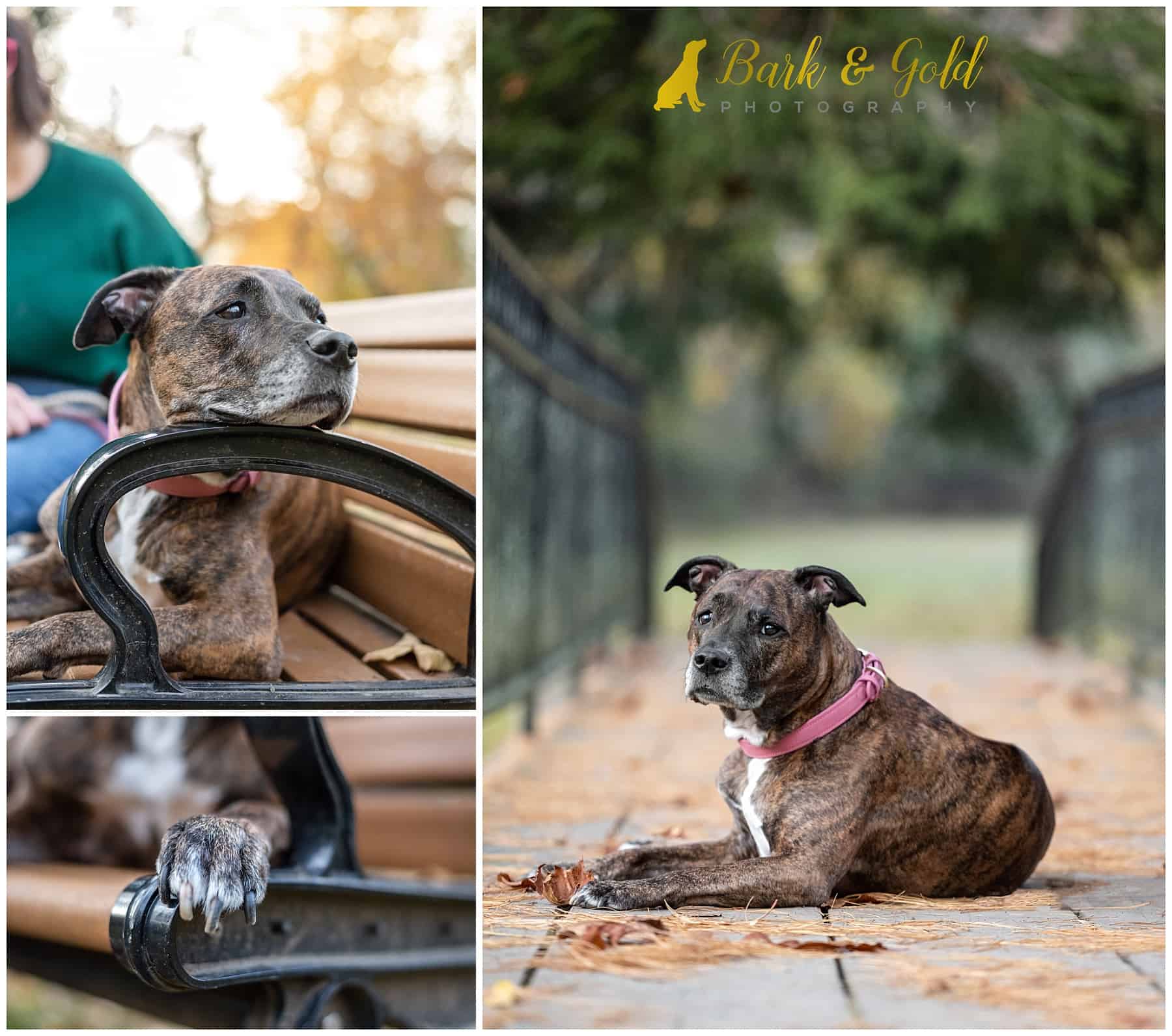
As our furry companions enter their golden years, it becomes crucial for us to provide them with the proper care and attention they deserve. Caring for senior dogs is not only a responsibility but a rewarding experience that allows us to witness them age gracefully. Taking steps to ensure their well-being can greatly enhance their quality of life, both physically and emotionally. From diet and nutrition to exercise and mental stimulation, there are various aspects that require our attention. In this article, we will explore essential tips for caring for senior dogs, allowing them to age gracefully and enjoy their golden years to the fullest.
Importance of caring for senior dogs
As dogs age, they require extra care and attention to ensure their health and well-being. Caring for senior dogs is of utmost importance as it helps them maintain a good quality of life during their golden years. Senior dogs may develop various health issues, such as joint problems, dental issues, or cognitive decline. By providing proper care, you can alleviate their discomfort and improve their overall well-being. Caring for senior dogs also allows you to strengthen the bond you share with your faithful companion and show them how much they mean to you. Therefore, it is crucial to prioritize the care of senior dogs to ensure they age gracefully and enjoy their later years to the fullest.
The benefits of graceful aging in dogs

As dogs age, they may face physical and cognitive changes that can impact their quality of life. However, with proper care, dogs can age gracefully and experience several benefits. One significant benefit is increased wisdom and maturity. Older dogs often have a calmer demeanor and are more patient and well-behaved. They also tend to have a deeper bond with their owners, as their years together have fostered a strong connection. Additionally, senior dogs can provide emotional support for their owners and serve as wonderful companions. By caring for senior dogs, we not only ensure their well-being but also get to enjoy the many advantages of their graceful aging.
Diet and Nutrition for Senior Dogs

Appropriate food choices for senior dogs are crucial in providing them with the nutrients they need as they age. High-quality, senior-specific dog food is recommended, as it is formulated to meet the changing nutritional needs of older dogs. These foods often have reduced calories and fat content to prevent weight gain and include ingredients that promote joint health, such as glucosamine and chondroitin sulfate. It is also important to consider any specific dietary requirements or health conditions your senior dog may have when selecting their food. Regularly consulting with a veterinarian can help ensure that your dog's diet is tailored to their individual needs.
Appropriate food choices for senior dogs

When it comes to choosing the right food for your senior dog, it's important to consider their specific needs. As dogs age, their metabolism slows down and their nutritional requirements change. Look for dog food specifically formulated for senior dogs, as these typically have lower calorie content and higher levels of essential nutrients such as protein and fiber. Additionally, senior dog food often contains added supplements like glucosamine and chondroitin to support joint health. Be sure to consult with your veterinarian to determine the best diet plan for your aging pup, considering factors such as their weight, activity level, and any health conditions they may have.
Managing weight and providing proper nutrients

To manage weight and provide proper nutrients for senior dogs, it is crucial to monitor their food intake and adjust their diet accordingly. Senior dogs tend to have lower energy levels and slower metabolisms, so they may require fewer calories than when they were younger. It is essential to choose a high-quality, age-appropriate dog food that is specifically formulated for senior dogs. These foods typically have controlled levels of fat and calories to prevent weight gain and contain ingredients that support joint health and digestion. Additionally, regular portion control and avoiding excessive treats can help maintain a healthy weight for your senior dog.
Exercise and Physical Activity for Senior Dogs

Low-impact exercises for senior dogs are key to maintaining their physical well-being. Taking your senior dog for regular walks at a leisurely pace can help keep their joints limber and prevent the onset of stiffness. Swimming is another excellent low-impact exercise option, as it provides a full-body workout while minimizing strain on the joints. Additionally, light play sessions with their favorite toys or short bouts of gentle fetch can help keep senior dogs active without putting excessive strain on their bodies. By engaging in regular, low-impact exercises, senior dogs can maintain their mobility and enjoy a higher quality of life.
Low-impact exercises for senior dogs
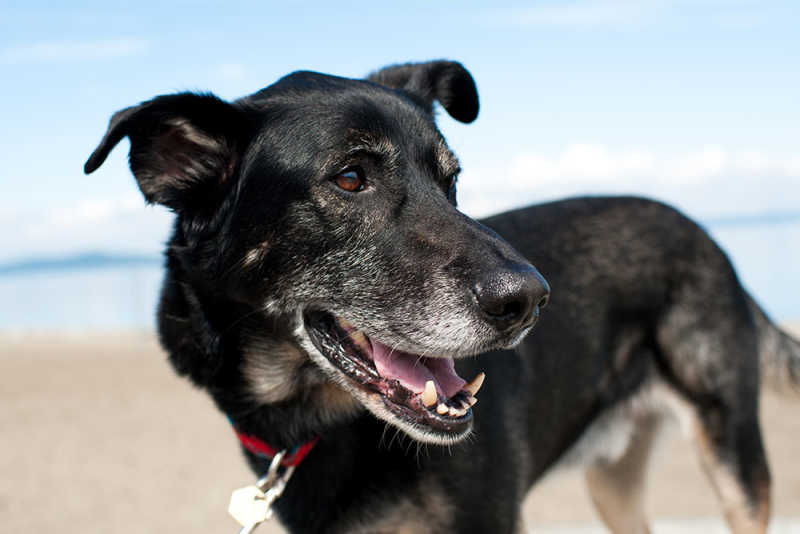
Low-impact exercises are essential for senior dogs to maintain their health and mobility. These exercises are gentle on their joints and help to prevent injuries. Walking is a great low-impact exercise that can be done daily and at a leisurely pace. Swimming is another excellent option as it provides a full-body workout without putting strain on the joints. Additionally, stretching exercises can help to improve flexibility and range of motion in senior dogs. It's important to tailor the exercise routine to your dog's abilities and gradually increase the intensity as they become more comfortable. Remember, consistency is key for keeping senior dogs active and maintaining their overall well-being.
The importance of regular exercise in maintaining mobility

Regular exercise plays a crucial role in maintaining mobility for senior dogs. Engaging in regular physical activity helps keep their muscles strong and joints flexible, reducing the risk of stiffness and discomfort. Exercise also helps prevent obesity, which can put extra strain on their joints and lead to mobility issues.
Furthermore, regular exercise promotes cardiovascular health, ensuring proper blood flow to their muscles and tissues. This helps reduce the risk of conditions like arthritis and improves overall joint function. Additionally, exercise provides mental stimulation, keeping their minds sharp and reducing the chances of cognitive decline.
It is important to note that exercise should be low-impact and tailored to their individual needs. Gentle walks, swimming, and other low-impact activities are ideal for senior dogs. Consulting with a veterinarian can help determine the appropriate exercise routine for your furry friend.
Senior Dog Health Care

Regular veterinary check-ups and screenings are essential for the health and well-being of senior dogs. As dogs age, they are more prone to certain health conditions such as arthritis, dental problems, and heart disease. These regular check-ups allow veterinarians to detect and address any potential issues early on. Additionally, managing common health conditions in senior dogs is crucial for their overall quality of life. This may include providing medication or specialized treatments for conditions like diabetes or kidney disease. By staying proactive with veterinary care and addressing any health concerns promptly, you can help your senior dog live a longer, healthier life.
Regular veterinary check-ups and screenings

Regular veterinary check-ups and screenings are essential for the overall well-being of senior dogs. These routine visits allow veterinarians to assess your dog's health, monitor any existing conditions, and detect any potential issues early on. During these check-ups, your vet will conduct a thorough physical examination, checking for signs of arthritis, dental problems, or other age-related ailments.
In addition to physical examinations, regular screenings may be recommended to identify any underlying health concerns. This may include blood tests to assess organ function and detect any abnormalities, as well as X-rays or ultrasounds to evaluate joint health and detect any tumors or growths.
By staying proactive with regular veterinary check-ups and screenings, you can address any health concerns promptly and ensure that your senior dog receives the necessary care for a comfortable and happy life.
Managing common health conditions in senior dogs
:strip_icc()/GettyImages-1207792066-ec05e0734bc84d7a9c0b9a7e1e288905.jpg)
Managing common health conditions in senior dogs is crucial for their overall well-being. As dogs age, they become more prone to certain health issues such as arthritis, dental problems, and cognitive decline. To effectively manage these conditions, it is important to work closely with a veterinarian who can provide appropriate treatment options. This may include medication for pain relief, dental cleanings or extractions, and cognitive enhancement supplements. Additionally, providing a comfortable and supportive environment for the dog can greatly alleviate their symptoms. Regular monitoring of their condition and making necessary adjustments to their care plan ensures that senior dogs receive the best possible quality of life.
Mental Stimulation and Enrichment
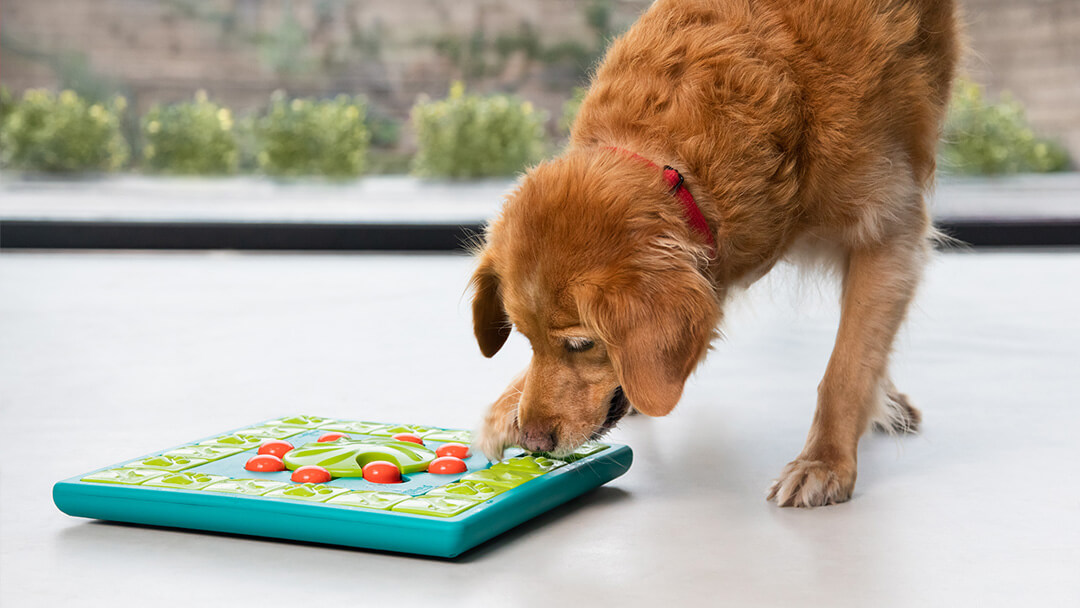
Engaging senior dogs with interactive toys and puzzles is a great way to provide mental stimulation and enrichment. As dogs age, their cognitive abilities may decline, so it's important to keep their minds active. Interactive toys that dispense treats or require problem-solving can keep older dogs engaged and mentally sharp. Additionally, puzzles designed for dogs can challenge their problem-solving skills and provide a sense of accomplishment when they successfully solve them. Another effective way to stimulate a senior dog's mind is through mental exercises, such as obedience training or practicing commands they already know. By keeping their brains engaged, we can help senior dogs maintain their mental abilities and overall well-being.
Engaging senior dogs with interactive toys and puzzles

Engaging senior dogs with interactive toys and puzzles is an excellent way to provide mental stimulation and enrichment. These toys can help keep their minds sharp and alleviate boredom. Interactive toys, such as treat-dispensing puzzle toys, can challenge their problem-solving abilities while providing a tasty reward. Puzzle toys that require them to manipulate different components also help maintain their cognitive function. Additionally, toys that incorporate textures, sounds, or scents can engage their senses and provide sensory stimulation. By offering a variety of interactive toys and puzzles, you can keep your senior dog mentally engaged and entertained, promoting their overall well-being.
Mental exercises to keep senior dogs sharp
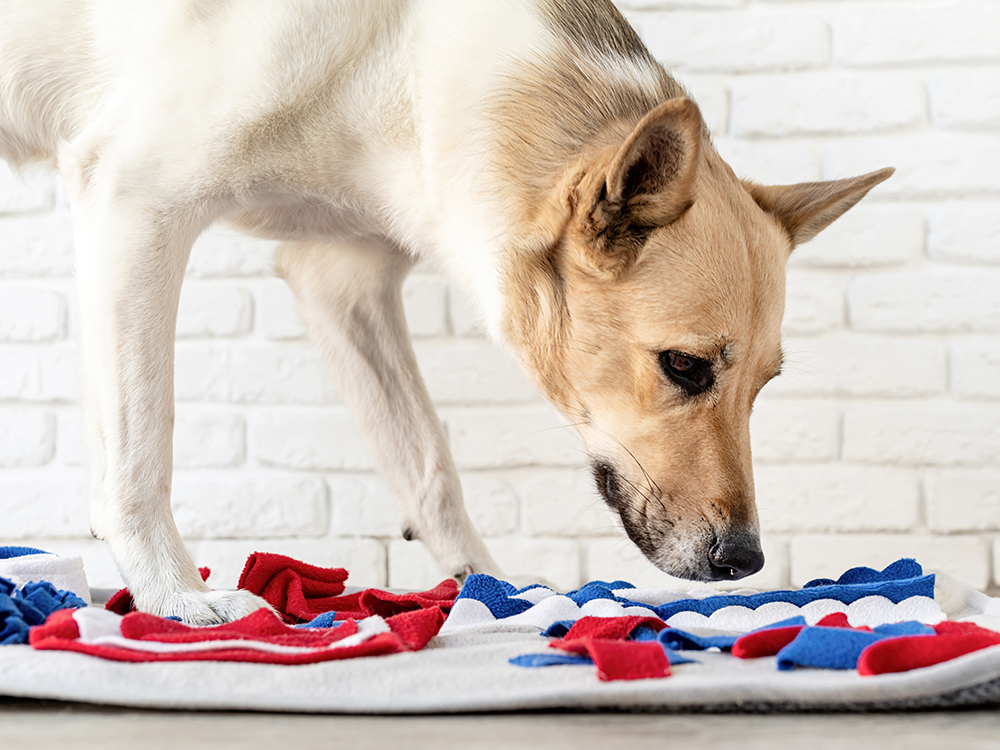
To keep senior dogs mentally sharp and engaged, it is important to provide them with mental exercises. These activities can help stimulate their cognitive abilities and keep their minds active. One effective mental exercise is teaching them new tricks or commands. This not only challenges their brains but also strengthens the bond between the dog and its owner. Another option is interactive toys and puzzles specifically designed for dogs that require problem-solving skills. These toys can keep senior dogs entertained while sharpening their mental capabilities. Additionally, engaging in scent work or hide-and-seek games can provide mental stimulation by tapping into their natural instincts. Remember to choose activities that are appropriate for your senior dog's abilities and take into consideration any health issues they may have.
Comfort and Living Environment

Creating a comfortable and safe living space for senior dogs is crucial in ensuring their overall well-being. To provide maximum comfort, consider placing their bed in a quiet area away from drafts and high-traffic zones. Additionally, provide easy access to food, water, and toileting areas to minimize discomfort. Choosing the right bedding for older dogs is also important. Opt for supportive orthopedic beds that relieve pressure on joints and muscles. Furthermore, consider adding ramps or stairs to assist senior dogs in accessing higher surfaces or climbing stairs. By creating a cozy and accessible living environment, you can enhance your senior dog's comfort and quality of life.
Creating a comfortable and safe living space for senior dogs
:strip_icc()/GettyImages-1207792066-ec05e0734bc84d7a9c0b9a7e1e288905.jpg)
To create a comfortable and safe living space for senior dogs, it's important to consider their specific needs. Start by providing a cozy bed that offers adequate support for achy joints. Consider placing non-slip mats or rugs on slippery surfaces to prevent falls. Ensure that the environment is free from hazards, such as loose wires or clutter, that may cause them to trip or get tangled. Keep their living area well-lit to help them navigate around easily, and place their food and water bowls at an appropriate height to minimize strain on their necks. By creating a safe and comfortable space, you can enhance the well-being of your senior dog.
Choosing the right bedding and accessories for older dogs

Choosing the right bedding and accessories for older dogs is essential to ensure their comfort and well-being. When selecting bedding, opt for options that provide ample cushioning and support for their aging joints. Orthopedic beds with memory foam or thick padding are great choices as they relieve pressure on achy joints. Additionally, consider adding extra blankets or heated pads to keep them warm during colder months. Accessorize their living space with ramps or steps to help them easily navigate onto furniture or into the car. Finally, provide soft, non-slip mats near food and water bowls to prevent slips and falls.
Mobility and Joint Health
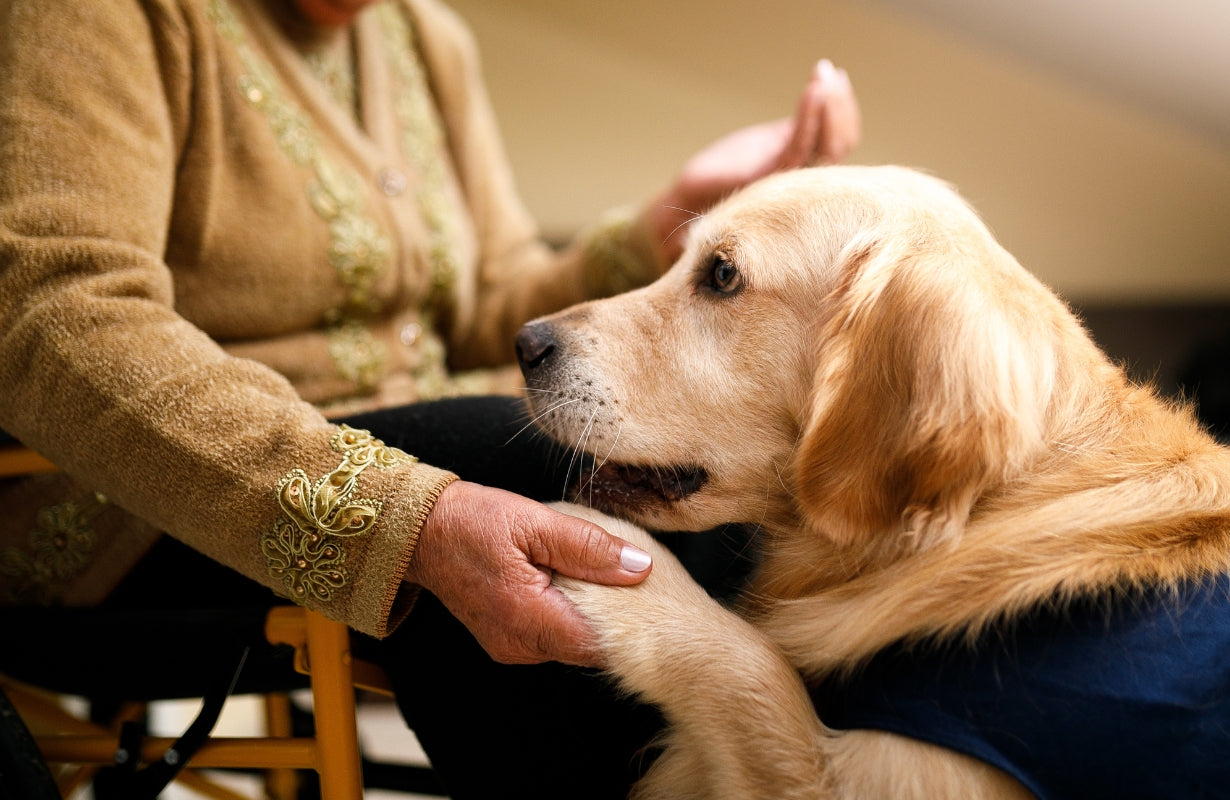
Preventative measures for joint issues in senior dogs include maintaining a healthy weight to reduce strain on their joints. Providing a balanced diet with appropriate nutrients can support joint health. Certain supplements, such as glucosamine and fish oil, may also help to improve mobility and reduce inflammation. Regular exercise is essential but should be low-impact to minimize stress on the joints. In cases where senior dogs have mobility challenges, assistive devices like ramps or harnesses can aid in their movement and provide additional support. Regular vet check-ups and screenings can help identify any early signs of joint issues and allow for prompt treatment.
Preventative measures for joint issues in senior dogs

To prevent joint issues in senior dogs, there are several preventative measures that can be taken. First and foremost, maintaining a healthy weight is crucial. Excess weight puts unnecessary strain on a dog's joints, increasing the likelihood of developing joint problems. Providing a balanced diet and regular exercise can help manage weight and keep joints healthy. Additionally, incorporating joint supplements into their daily routine can promote joint health and reduce inflammation. It's also important to provide comfortable bedding and provide ramps or stairs to help senior dogs avoid excessive jumping or climbing. Lastly, avoiding strenuous activities and ensuring proper warm-up before exercise can also help prevent joint injuries in older dogs. By following these preventative measures, owners can promote better mobility and overall joint health in their senior dogs.
Assisting senior dogs with mobility challenges
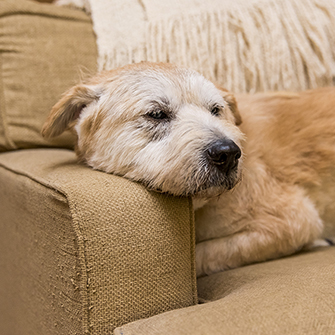
Assisting senior dogs with mobility challenges is crucial in helping them maintain their independence and quality of life. One effective way to assist them is by providing ramps or steps to help them navigate stairs or get into vehicles more easily. Additionally, placing rugs or non-slip mats on slippery surfaces can provide better traction and reduce the risk of falls. Using mobility aids such as harnesses or slings can also assist in supporting their weight during walks. It is important to ensure that their living environment is free from obstacles and clutter to prevent accidents. With these simple adjustments and aids, senior dogs can continue to move around comfortably and safely.
Emotional Well-being and Quality Time

Meeting the emotional needs of senior dogs is crucial for their overall well-being. As dogs age, they may experience changes in their behavior and emotions. Providing a loving and compassionate environment is essential to support their emotional health.
Quality time spent with your senior dog can make a significant difference in their emotional well-being. Engage in activities that they enjoy, such as gentle grooming sessions or simply sitting together for some quiet bonding time. Offer them plenty of affection and praise to reassure them and show your love.
Additionally, consider incorporating mental stimulation activities to keep their minds active and engaged. Puzzle toys or interactive games can provide mental enrichment and help prevent cognitive decline.
By addressing the emotional needs of your senior dog and spending quality time with them, you can enhance their overall happiness and contribute to their graceful aging process.
Meeting the emotional needs of senior dogs

Meeting the emotional needs of senior dogs is crucial for their overall well-being and quality of life. As dogs age, they may experience changes in behavior and temperament. It is important for owners to pay attention to these emotional changes and provide their senior dogs with the extra love and care they need. Spending quality time with your older dog, engaging in activities they enjoy, and providing a calm and peaceful environment can help alleviate any anxiety or stress they may be experiencing. Additionally, showing patience, understanding, and reassurance can go a long way in meeting their emotional needs during this stage of their lives.
Spending quality time and bonding with older dogs

Spending quality time and bonding with older dogs is an essential part of their overall well-being. As dogs age, their emotional needs become even more important. Taking the time to engage in activities that strengthen your bond with your senior dog can have numerous benefits. Regularly petting and massaging your dog not only provides physical comfort, but it also helps to reduce stress and anxiety. Going on leisurely walks together allows for exercise while also providing an opportunity for both of you to enjoy each other's company. Engaging in interactive playtime or training sessions can help stimulate their mind and keep them mentally sharp. Ultimately, the love and attention you give to your aging companion will enhance their quality of life and deepen the bond you share.
Conclusion
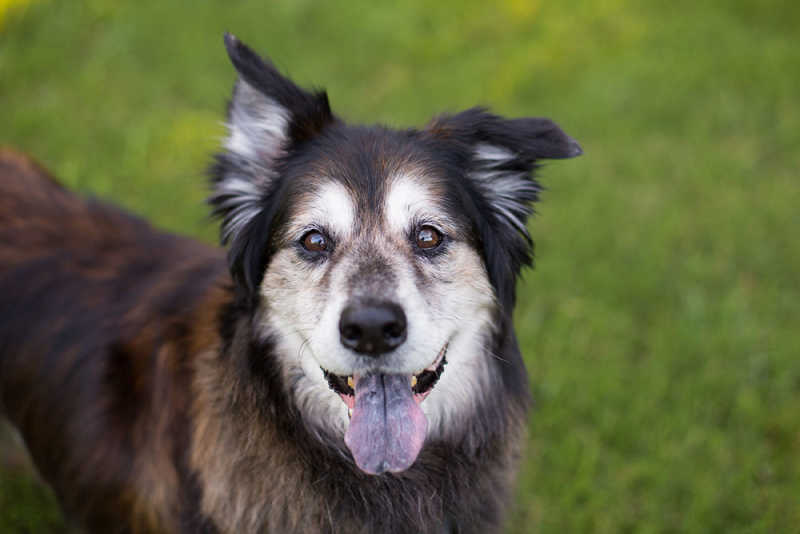
Conclusion
In conclusion, caring for senior dogs is of utmost importance as they age gracefully. Proper diet and nutrition tailored to their specific needs help support overall health and prevent weight gain. Regular exercise helps maintain their mobility and mental stimulation keeps their minds sharp. Regular veterinary check-ups and management of common health conditions ensure their well-being. Creating a comfortable living space, taking preventive measures for joint issues, and providing emotional support contribute to a happy, satisfying life for senior dogs. By spending quality time and bonding with our older canine companions, we can cherish the precious moments together as we navigate the journey of aging gracefully with our beloved pets.
Recap of the importance of caring for senior dogs
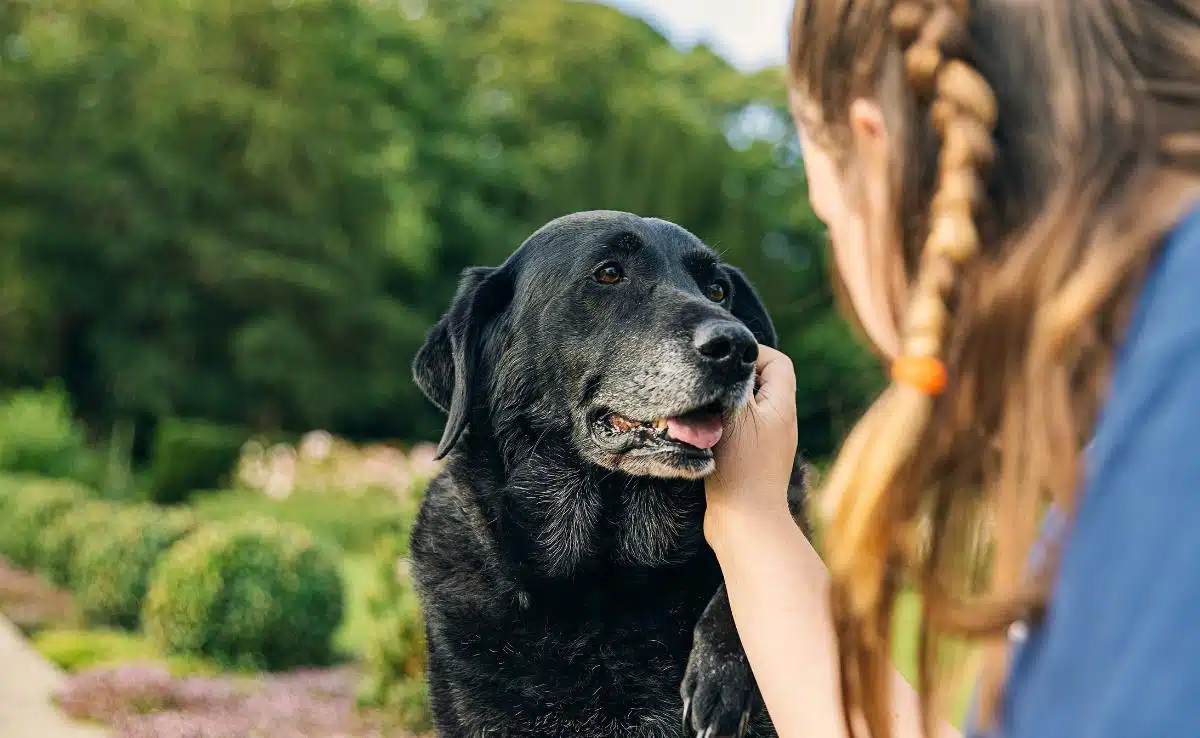
Caring for senior dogs is of utmost importance to ensure their overall well-being and quality of life. As dogs age, they may develop various health conditions, experience joint problems, and require extra attention. By providing proper care, you can help your senior dog age gracefully and comfortably. Regular veterinary check-ups can detect any underlying health issues early on, allowing for timely treatment. Appropriate nutrition, low-impact exercise, mental stimulation, creating a comfortable environment, and addressing mobility challenges are vital considerations in senior dog care. By meeting their physical, emotional, and cognitive needs, you can ensure that your furry friend enjoys their golden years to the fullest.
Final tips for aging gracefully with your senior dog
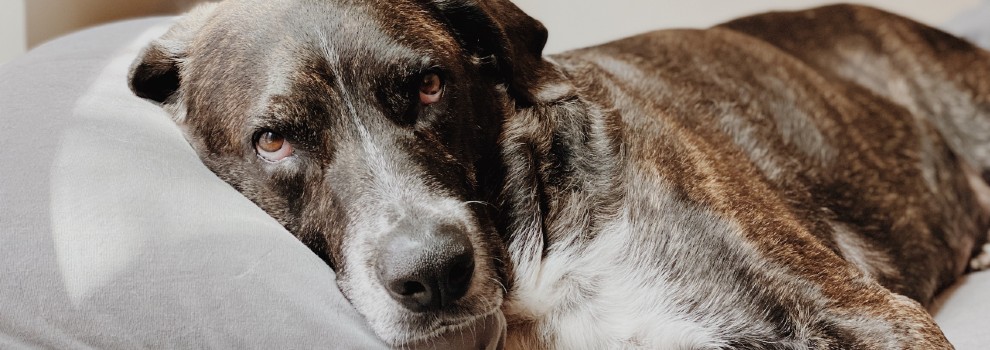
Final Tips for Aging Gracefully with Your Senior Dog:
- Provide a balanced diet: Ensure your senior dog is getting the right nutrients through a specially formulated diet designed for aging dogs. Consult with your vet to determine the appropriate food choices.
- Regular exercise: Engage your senior dog in low-impact exercises to maintain their mobility and promote overall health. Short walks or gentle play sessions are ideal for keeping them active but not overexerted.
- Schedule regular check-ups: Take your senior dog to the vet for routine check-ups and screenings to catch any potential health issues early on. This will help ensure they receive prompt treatment.
- Mental stimulation: Keep your senior dog's mind sharp by providing interactive toys and engaging them in mental exercises, such as hide-and-seek games or puzzle-solving activities.
- Comfortable living space: Create a comfortable and safe environment for your senior dog by providing soft bedding, non-slip surfaces, and easy access to their favorite spots.
- Joint health support: Take preventive measures to protect their joints, such as providing joint supplements and incorporating gentle exercises that don't strain their joints.
- Emotional well-being: Meet the emotional needs of your senior dog by giving them plenty of love, attention, and reassurance. Spend quality time with them and engage in activities they enjoy.
By implementing these tips, you can help your senior dog age gracefully and enjoy their golden years to the fullest.




0 Comments